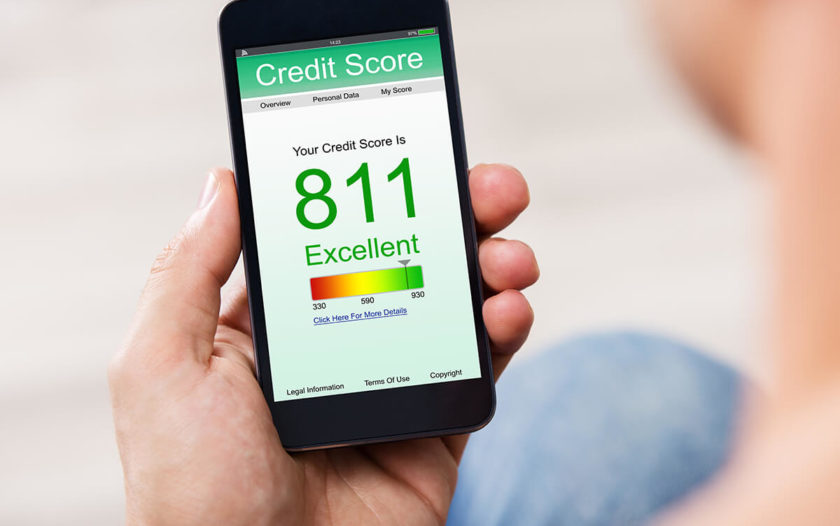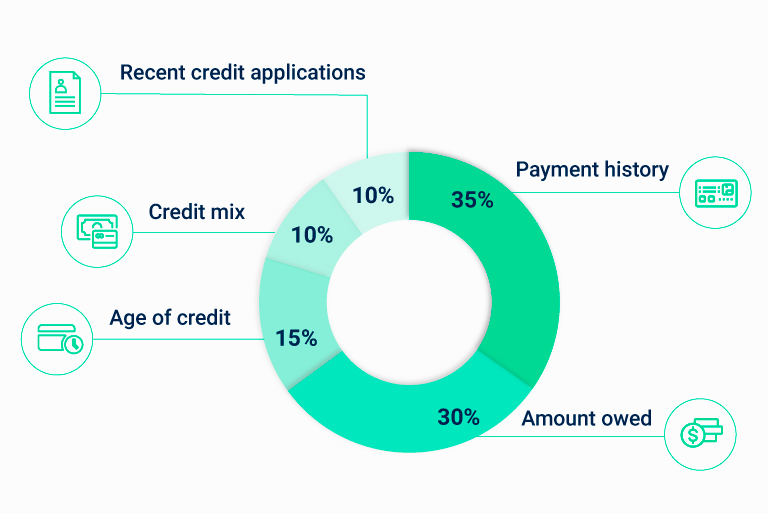What Is a Good FICO Score?
About Casey
Casey is a reformed sports journalist tackling a new game of financial services writing. Mike Francesa once called her a “great girl.”
Read full bio
At a Glance
The FICO scale ranges from 300 to 850 as calculated by the Fair Isaac Corporation. Most lenders consider anything over 670 a good FICO score, with scores over 800 being excellent. Ultimately, lenders decide whether your score is good—so the higher your score, the less risky you’re considered and the more likely you are to get a loan.
- Why your credit score matters
- What makes a FICO score good?
- Finding your FICO score
- Improving your FICO score
Why your credit score matters
A good credit score can mean the difference between getting a loan and not getting a loan. Your credit score can also save you hundreds, or even thousands, of dollars in interest and fees.
What makes a FICO score good?
Five factors help determine your FICO credit score:
Source: Myfico.com
Payment history
Your payment history has the greatest weight when it comes to your credit score. Showing your ability to pay off your debts on time lets creditors know that you’re reliable. Consistency helps boost your credit score.
Credit utilization
Credit utilization, or the amount of debt you owe, also determines a significant chunk of your credit score. Ideally, you want to use as little of your credit limit as possible.
The general rule of thumb floated on the internet is to not use more than 30% of your total credit limit. But the reality is, to have a really good credit score, you’ll want to use significantly less: closer to 10% or lower.
Length of credit history
The longer you have credit accounts open, the better. This shows creditors that you have a handle on things. Don’t rush to close an account once you’ve paid it off. Keeping older accounts open shows a longer credit history, which can aid your score.
Credit mix
Having a mix of credit shows that you can responsibly use credit. Varying your credit can mean having credit cards, student loans, and car loans.
New credit
Opening several new credit accounts in a short window can be alarming to creditors. This can especially hurt your credit score if you don’t have a strong length of credit history.
Finding your FICO score
The Fair Isaac Corporation offers a free FICO score estimator. This tool gives you a rough idea of where you stand after filling out a series of financial questions. Many credit card companies also offer a free look at your precise FICO score.
The Fair Credit Reporting Act (FCRA) requires the three major credit reporting agencies (Equifax, Experian, and TransUnion) to provide you with a free copy of your credit report once a year if you request it. These reports include your FICO score.
Improving your FICO score
Once you’ve looked at your current FICO score, you can start improving your credit. Figure out the areas that most need your attention and start there. Here are some useful ways to bump your FICO score:
- Pay your bills on time. Even if you’re just a few days late, that can hurt your score. Set up autopay on recurring payments if you’re able to, or set yourself a reminder of the due date.
- Keep your credit card balance low. Try to avoid making large purchases on your credit card that you wouldn’t otherwise be able to pay for.
- Pay off debts; don’t move them. It’s generally better to owe more money on a single account than owing the same amount across several accounts.
- Don’t open a new credit account unless you need to.
Don’t get discouraged if your FICO score isn’t where you want it to be. Work these tips, give it time, and your score will start to blossom.










